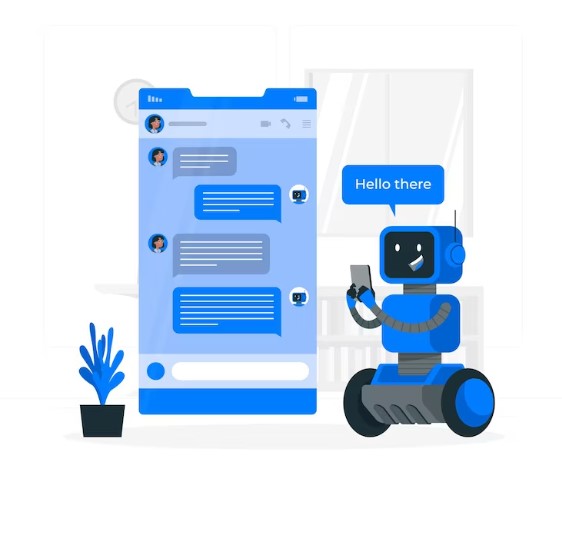How to Rank Your Website on ChatGPT
ChatGPT is one of the most popular sites in the world.
According to SimilarWeb ChatGPT is the 28th most popular site in the world.
It generates 1.4 billion visitors a month and people are using it to ask questions or even perform tasks as basic as writing content or as advanced as creating code.
ChatGPT is a text-based AI model that generates responses based on the input it receives, and it doesn’t have direct access to the internet or specific websites. However, you can optimize your website’s content to provide better information and answers to users who interact with ChatGPT. Here’s how you can indirectly improve your website’s relevance for ChatGPT users:
- High-Quality Content: Ensure that your website provides valuable and informative content that answers common questions and addresses the needs of your target audience. Well-structured, high-quality content is more likely to be useful to users who interact with ChatGPT.
- Clear and Concise Language: Write content that is easy to understand. Avoid jargon and complex language that might confuse users and ChatGPT.
- User Intent: Understand the likely questions or inquiries that users might have when they interact with ChatGPT. Create content that addresses these user intents on your website.
- Structured Information: Organize your content logically using headings, subheadings, and bullet points. This makes it easier for users to find relevant information.
- Mobile Optimization: Make sure your website is mobile-friendly, as many users access ChatGPT on mobile devices.
- Error-Free Website: Regularly check and fix any technical issues on your website, such as broken links or slow loading times. These issues can affect user experience.
- Engagement and Interactivity: Encourage user engagement on your website through comments, forums, or other interactive features. This can help generate more content and discussions that might be relevant to ChatGPT users.
- Content Promotion: Promote your website’s content through various channels, including social media, email marketing, and online advertising. The more traffic your website receives, the more likely it is to be mentioned or linked to in ChatGPT interactions.
- Metadata: While not directly related to ChatGPT, having accurate metadata (titles, descriptions, etc.) can help users and search engines understand the content of your web pages.
- Keyword Research: Conduct keyword research to understand the language and phrases commonly used by your target audience. Optimize your content accordingly to make it more discoverable.
Remember that the primary goal of optimizing for ChatGPT is to make your website user-friendly and provide valuable information to visitors. While it won’t directly impact the ranking of your website within the model, it can improve the user experience and the quality of interactions with ChatGPT users.

